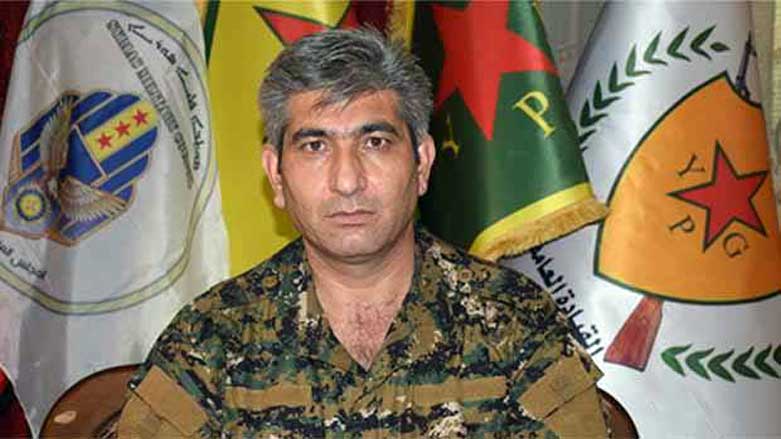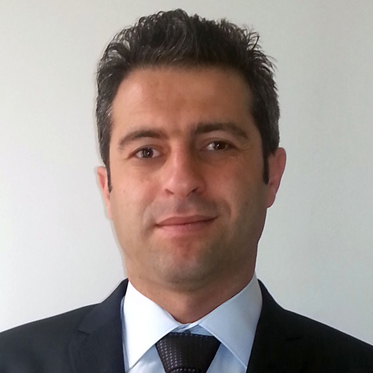Kurdish-led forces committed to Syria ceasefire

QAMISHLO, Syrian Kurdistan (K24) – On Thursday, the General Command of the Kurdish-led Syrian Democratic Forces (SDF) and the People’s Protection Units (YPG) announced their commitment to the Syria ceasefire plan set by the United States and Russia on Feb 22.
In an official statement released on Thursday, SDF General Command stated, “We confirm that our forces...commit to the ceasefire process proposed by the United States of America and the Russian Federation, as co-chairs of the International Syria Support Group (ISSG), but we reserve to retaliate in the event of an attack by any party.”
Additionally, spokesperson for the Kurdish People's Protection Units (YPG) in Rojava (Syrian Kurdistan), Redur Khalil said in a press conference on Thursday, "We... give great importance to the plan [ceasefire], and we will abide by it completely, while reserving the right to respond to any aggressor in the framework of legitimate self-defense.”
However, the ceasefire process could be complicated by NATO member Turkey's deep distrust of the US-backed YPG that has made considerable territorial gains in northern Syria near the Turkish border.
It is worth mentioning that Islamic State and al-Qaeda-affiliated Jabhat al-Nusra are not included in the "cessation of hostilities" agreement.
On Feb 22, US Department of State released a joint statement with the Russian Federation as co-chairs of the ISSG.
“The nationwide cessation of hostilities is to apply to any party currently engaged in military or paramilitary hostilities against any other parties other than 'Daesh,' 'Jabhat al-Nusra,' or other terrorist organizations designated by the UN Security Council,” the statement said.
The statement also stated that "the cessation of hostilities commences at 00:00 (Damascus time) on February 27, 2016."
SDF is mostly comprised of Kurdish YPG members and its smaller affiliated groups, such as the Arab Jaysh al-Thuwwar (Army of Revolutionaries) and various Turkmen and Christian militias.
The YPG still controls many Kurdish-majority areas in northeast Syria and maintains its own General Command. In northern Aleppo Province and southern Hasakah Province, YPG and its allies fight under the umbrella of SDF.
Reporting by Hisham Arafat
Editing by Benjamin Kweskin and Ava Homa

Colonel Talal Silo, spokesman for Syrian Democratic Forces, Tishrin Dam, Syria, December 30, 2015. Photo: Kurdistan24.

Redur Khalil, spokesman for People's Protection Units (YPG) in a training session, Qamishlo, Syrian Kurdistan, December 28, 2014. Photo: YPG Press Office
